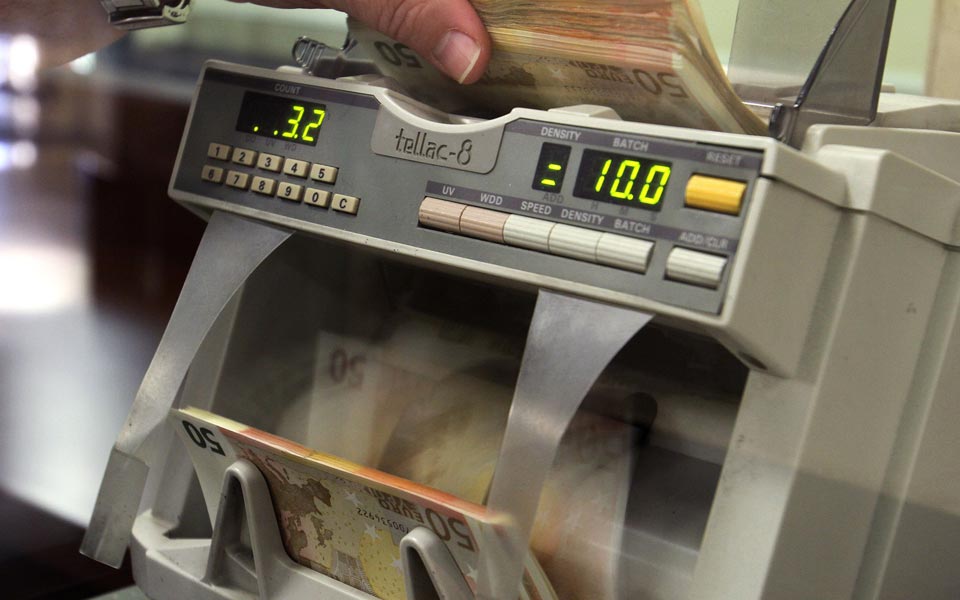Greece seeks EU aid for problematic firms

The Development Ministry has forwarded a request to Brussels for the European Commission to allow problematic corporations to have access to state programs that provide liquidity.
To date, problematic companies have been excluded from the support programs funded by the Partnership Agreement for the Development Framework (known in Greece as ESPA) and approved by the European Commission, such as the Entrepreneurship Fund and the Guarantee Fund. The idea is that the ESPA resources are released for the purpose of supporting enterprises hurt by the economic crisis stemming from the coronavirus, and not companies that were already in trouble before the pandemic.
According to the announcements Development Minister Adonis Georgiadis and his deputy Yiannis Tsakiris made on Tuesday in Parliament, the government has joined forces with other European Union members asking for the inclusion in the program of small and medium-sized enterprises employing up to 50 people, with the ministry’s leadership estimating that the request will be satisfied in the next few days.
However, based on Tsakiris’ statements, the Greek side has also asked the Commission for the expansion of the project’s catchment to include larger problematic companies employing up to 250 workers too. This request, Tsakiris clarified, only concerns private sector firms, not state corporations such as Larco.
The EU defines a problematic company as one that has lost more than half of its capital due to amassed losses, or has obtained protection from its creditors, or has received credit to remain in operation without having paid off its loans yet.
Tsakiris also announced three additional measures for supplying cash flow to companies: They are a new framework for restructuring problematic companies via bank credit (the Austrian pattern), a new fund through the Hellenic Development Bank for supplying collateral to credit institutions in order to facilitate the issue of letters of guarantee toward the implementation of ESPA-approved investment projects; and a trade finance fund offering greater liquidity to companies by financing invoices.





